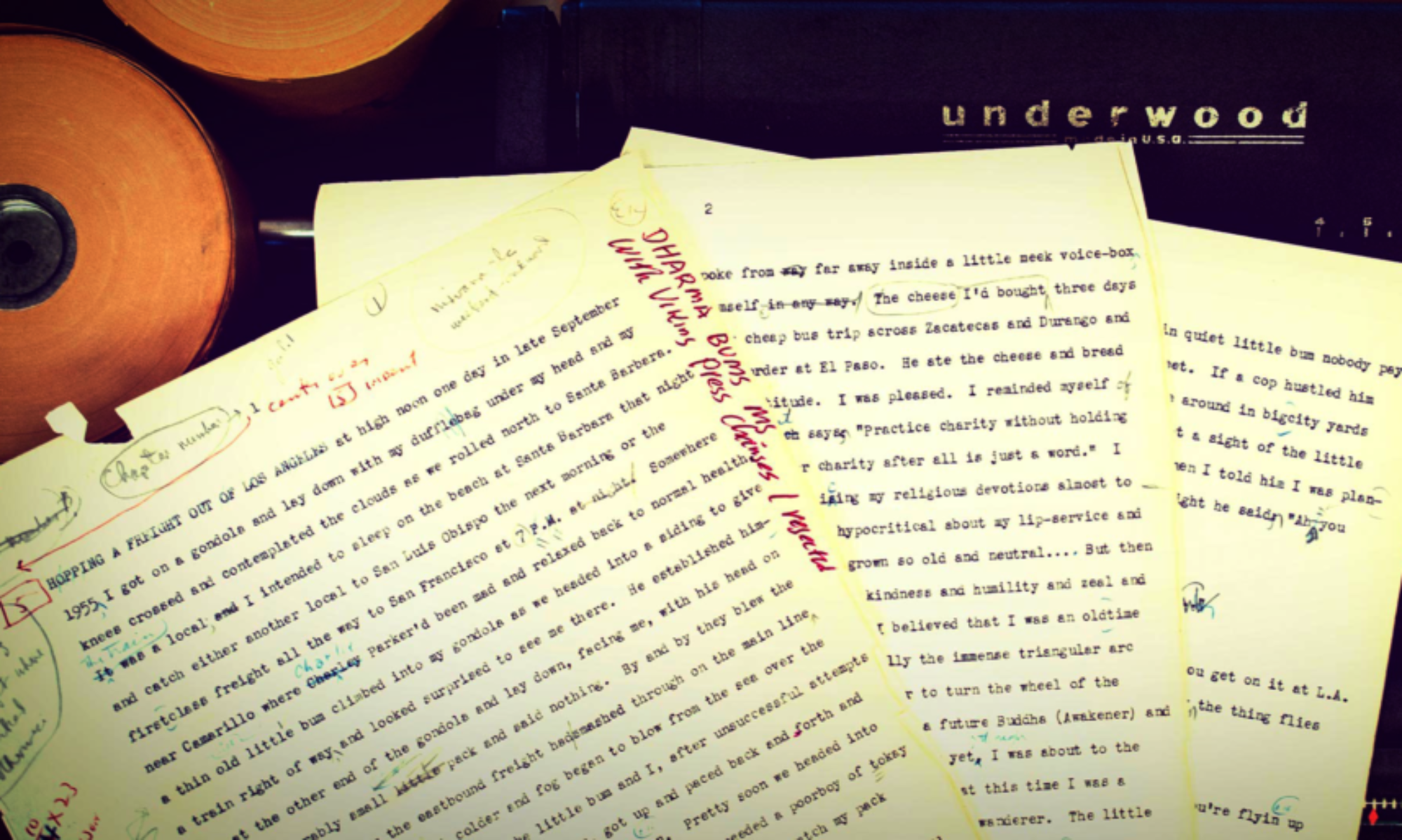
The English Department is delighted to welcome Professor Nicole Guidotti-Hernández, who has joined our faculty as part of Emory College’s student-driven cluster hire to recruit new faculty members across departments who study and teach about Latinx literatures and cultures. Professor Guidotti-Hernández comes to us from the University of Texas at Austin by way of Harvard University’s Charles Warren Center for Studies in American History, where she was a research fellow in 2019-2020. In a recent interview, she described her teaching, research, and program-building goals at Emory.
What would you say are the central questions of your teaching and research?
I’m interested in why people behave the way they do. My research and teaching are most informed by the relationship between Latinx communities and the subjects that emerge from archives. I am an archival research junkie, and I try to infuse my classes with ample opportunities to engage primary sources, just as I do in my research. My work is also informed by the study of violence, for we cannot study Latinx peoples and their literatures without understanding how we are products and sometimes agents of colonialism and imperialism.
In the move to Emory and your first weeks of teaching, what have you noticed about Emory students?
I absolutely love the Emory students! They are inquisitive, articulate, and hungry for the classes I’m teaching. People in my E290W Survey in Latinx Literature (first contact to 1898) are having so much fun learning about how Indigenous peoples across the continent pushed back against Spanish, American, and British empires to present their own world view in maps, treaties, and discourse. I’m impressed with their wide range of interests. Students double majoring in English and Biology who want to go to medical school strike me as the kind of people we need to lead us into the next 50 years. These students are savvy about racial and cultural differences and understand that one needs to be able to tell stories, recognize the value of differences, and know the science to become well rounded professionals.
What new classes would you like to teach in the next couple of years?
I am looking forward to teaching the second half of the Latinx Lit Survey (1900-Present), a series of classes on genre (Latinx Poetry, Latinx Novels, and Latinx Performance Studies), and hopefully a graduate seminar on Theories of Violence.
What can you tell us about your forthcoming book, Archiving Mexican Masculinities?
I’m SO excited Archiving Mexican Masculinities is finally being published! There were two things that compelled me to write the book: 1) a frustration with the machismo paradigm’s dominance for understanding masculinities in the field, and 2) a rich early 20th-century archive of materials about Mexican men’s migrations that needed more critical engagement. I grew up in the Salinas valley, and the legacy of the Bracero program is part of the agriculture industry’s built environment. However, I didn’t learn about the program and the way it limited migrant men’s lives via segregation until I was in graduate school. I found this fact disturbing. This also holds true for my chapters about the social circle of the PLM (Partido Liberal Mexicano), which is over-represented as egalitarian in its anarchism. My work shows that what is praised as an anarchist movement known for equality of the sexes was, in many cases, misogynist and invested in heteronormativity.
You’re working on a book on suicide in the Latinx world, plus two other projects. In what directions do you think your research will be going in the next few years?
The book on suicide has evolved into a focus on domestic violence, murder, and suicide. I’ve discovered, through my research, that these kinds of events in the period between the Gilded Age and WWII were a period of intensive economic and racial upheaval that fomented intimate forms of violence. I was lucky enough to have colleagues at the Warren Center provide feedback about how to think through intimate forms of violence through the prism of racial capitalism. I also have two other half-finished books: one about Tucsonense Spanish Mexican sisters and another about all of the programs I’ve created or helped create over the years. I really want to write a book about women of color in prisons in the 19th century and the way they were classified and “reformed.” Their writings for newsletters like those within the walls of Blackwell’s Island Women’s prison, in contrast with how prisons saw them, are of great interest to me. I suspect I’ll have more ideas for more books. Every trip to the archives in Mexico and all over the U.S. produces new ideas and things I haven’t thought about yet. This is the beauty of the work we do.
What developments for Emory students do you see emerging from Emory’s Latinx cluster hire?
Students are really jazzed about the fact that their activism has materialized in the institutionalization of the field they have clamored for. Several students in my 290W class are seniors, and they said they’ve waited their entire time at Emory for a course like this. As all of the faculty members in the Latinx cluster hire get settled and the student interest builds, I suspect we’ll form a minor, a major, a graduate certificate, and hopefully a program. I’d also love to do a study abroad program that focuses on migration, and I suspect students would like this too.
We encourage students interested in any of the many facets of Professor Guidotti-Hernández’s work to get to know her as a teacher and mentor. In this unprecedented year, she is offering courses that provide much-needed information and that open new perspectives.

